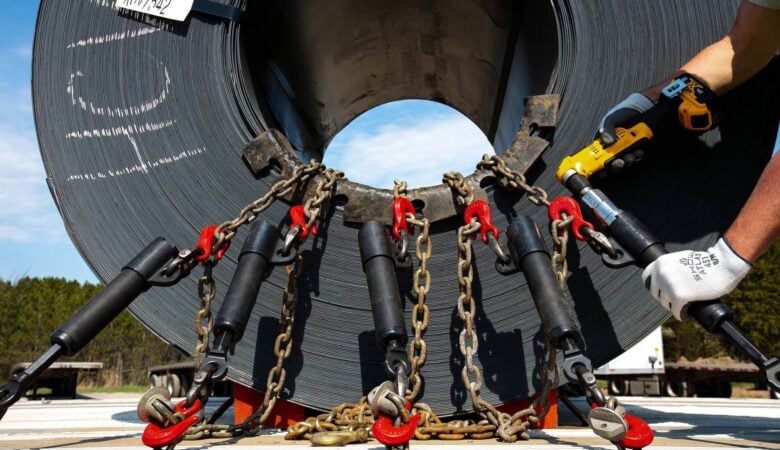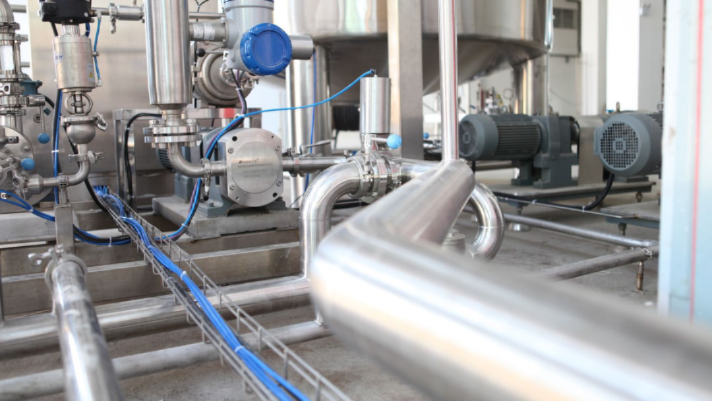Understanding Different Types of Valves: A Comprehensive Guide
Valves play a crucial role in controlling the flow of fluids in various systems, from industrial machinery to household appliances. This article explores different types of valves, their applications, and how they function to regulate fluid flow.
What are the common types of valves used in industrial applications?
Industrial applications often use ball valves, gate valves, globe valves, and check valves. Each type serves specific purposes, such as isolating or regulating flow, depending on the requirements of the system.

How do ball valves operate, and where are they commonly used?
Ball valves use a rotating ball with a bore to control flow. They are popular in applications where tight shut-off is necessary, such as in pipelines carrying corrosive fluids or gases.
What are the advantages of using butterfly valves in fluid control systems?
Butterfly valves are compact and lightweight, making them ideal for large-scale applications. They offer quick operation and can efficiently control the flow of liquids and gases with minimal pressure drop.
How do pressure relief valves enhance safety in industrial settings?
Pressure relief valves are critical for maintaining safe operating conditions by releasing excess pressure from systems. They prevent overpressure situations that could lead to equipment damage or failure.
Valves are indispensable components in various industries, enabling precise control over fluid flow and ensuring efficient operation of systems. Understanding the different types of valves and their applications helps in selecting the right valve for specific operational needs.
In this article, we’ve explored the functionalities of ball valves, butterfly valves, and pressure relief valves, among others. Whether in industrial machinery, plumbing systems, or household appliances, valves play a vital role in maintaining optimal performance and safety.
Valves are often integrated into systems that use geomembranes for environmental protection and fluid containment. Geomembranes ensure leak-proof barriers in reservoirs, landfills, and other applications where fluid control and containment are essential. Understanding valve mechanisms is crucial for effectively managing fluid flow in geomembrane-lined environments, enhancing both operational efficiency and environmental safety.




